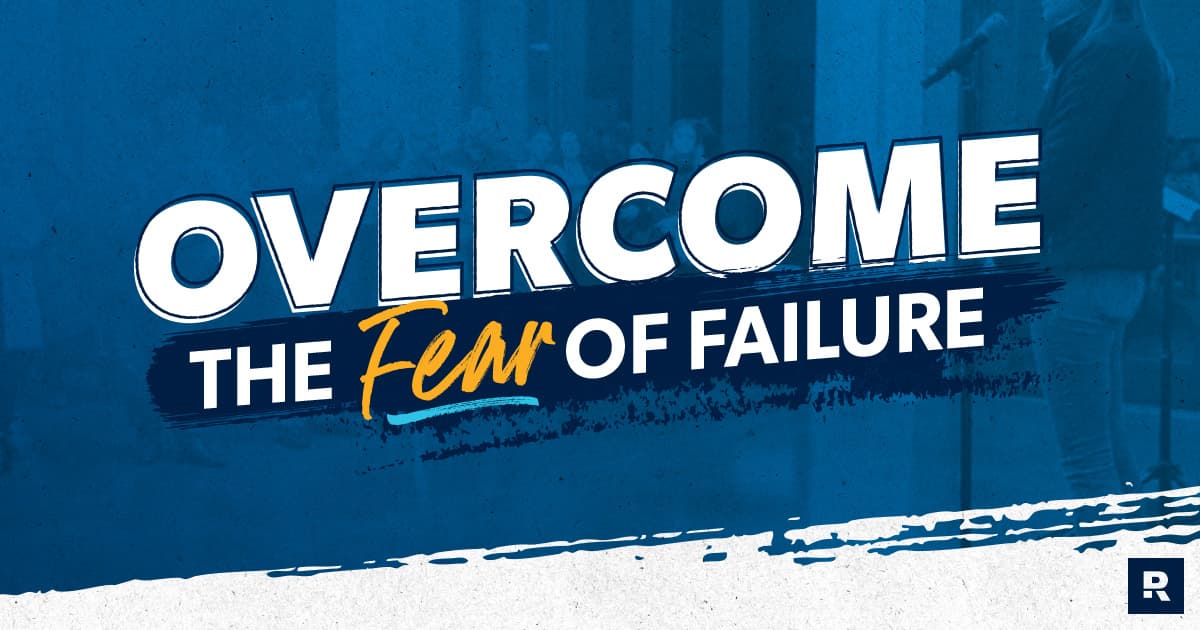How Failure Can Be Your Secret Weapon

Failure often feels like the end of the road. It's that moment when things don't go as planned, and disappointment starts to creep in. You may have been working on a project for months or take a big step towards a dream, only to have it fall flat.
It's easy to see failure as a personal flaw, a sign that you're not good enough, or that success is out of reach. But what if failure wasn't the enemy? What if it could be your secret weapon for growth, learning, and eventual success?
The truth is that failure is not something to be feared or avoided. It's an essential part of life and progress.
Every successful person has faced failure—sometimes repeatedly. What sets them apart is their ability to use failure as a tool to get better, wiser, and more resilient. Many breakthroughs happen not despite failure but because of it.
When we stop feeling ashamed of failure and see it as an opportunity, we open ourselves to many possibilities. Let's explore how you can transform failure into a secret weapon that pushes you closer to your goals.
The Misunderstanding of Failure

Many people grow up believing that failure is the opposite of success. We're taught to avoid mistakes from a young age at all costs. In school, failure means a lousy grade. At work, failure might mean missing a deadline or a target.
These experiences often come with feelings of embarrassment or guilt. Over time, this creates a mindset where failure becomes something to fear rather than a regular part of the learning process.
Failure is not the opposite of success—it's a necessary step toward it. Successful people don't avoid failure; they embrace it. They understand that every failed attempt brings valuable lessons.
Failure is simply feedback—it tells you what didn't work so you can adjust your approach. This shift in perspective changes everything. Once failure is seen as a tool rather than a setback, taking risks and pushing forward becomes more accessible, even when things don't go according to plan.
Why Failure is Essential for Growth

Think of failure as a teacher. Each time you fail, you learn something new about yourself, your strategy, or the situation you're dealing with. Without failure, growth would be limited. Success doesn't come from doing everything perfectly; it comes from trial and error, testing and refining ideas over time.
Imagine a child learning to walk. They fall repeatedly but are more robust and balanced each time they get back up.
This is how failure works. It strengthens your resilience and builds skills you wouldn't have developed if everything had gone smoothly. It forces you to ask tough questions: What went wrong? What could I do differently next time? In many ways, failure is the push you need to grow, adapt, and find better solutions.
Countless examples of famous figures used failure to fuel their success. Thomas Edison famously said, "I have not failed. I've just found 10,000 ways that won't work," referring to his long journey in inventing the light bulb.
Numerous publishers rejected J.K. Rowling's "Harry Potter" manuscript before becoming one of the best-selling book series ever. These stories remind us that failure is part of the process and often leads to more significant achievements.
Shifting Your Mindset About Failure

The key to turning failure into a secret weapon is changing your thoughts. Instead of seeing it as something negative, start viewing failure as feedback. This doesn't mean failure won't sting—it likely will. But by reframing it as a learning experience, you'll begin to see the value in each setback.
A practical way to shift your mindset is to ask yourself reflective questions after each failure. What can I learn from this? What can I improve on? What adjustments should I make going forward?
These questions turn failure into a valuable experience. By focusing on what you can control and how you can improve, you shift from a fixed mindset to a growth mindset, where challenges and mistakes are seen as opportunities for development.
Practical Ways to Leverage Failure

How do you actually use failure to your advantage? It starts with being open to analyzing your failures without judgment. Here are some practical steps to get started:
- Analyze What Went Wrong: Take the time to explain why things didn't go as planned. Was it due to poor preparation, external circumstances, or an unrealistic expectation? The more specific you are in understanding the failure, the easier it is to find a solution.
- Set New Goals: Failure often provides clarity on what's truly important. Use the lessons learned to set new, more realistic goals. This might mean adjusting your timeline, reassessing your priorities, or developing a new plan.
- Adapt Your Strategy: Once you've analyzed the failure and set new goals, it's time to adapt your approach. What needs to change? You may need more resources, a different tactic, or more time. Failure gives you the insight to pivot and try again with a better plan.
- Embrace Resilience: One of the most valuable outcomes of failure is resilience. Each time you fail and get back up, you build mental toughness. You learn to persevere, even when things are difficult. Over time, this resilience becomes a powerful asset, helping you stay focused on your long-term goals despite short-term setbacks.
The Role of Failure in Innovation and Creativity

Failure isn't just functional personally—it's essential in business, science, and the arts. The world's most significant innovations came from repeated failure and experimentation. Think of inventors, entrepreneurs, or artists who pushed the boundaries and failed over and over before achieving something groundbreaking.
In business, for example, failure often leads to valuable insights that drive innovation. Companies embracing a trial-and-error culture are more likely to develop creative solutions.
In Silicon Valley, the concept of "failing fast" is celebrated. The quicker you fail, the quicker you learn and can iterate on new ideas. This approach fosters a culture of continuous improvement and innovation.
Failure also plays a massive role in the creative process. Writers, musicians, and artists often need help with their craft, producing work that falls short of their vision. However, they refine their skills through that struggle and create more authentic and impactful work. Failure encourages creative people to dig deeper, explore new ideas, and push boundaries. These things are often only possible after early mistakes.
Overcoming the Fear of Failure

One of the biggest obstacles to using failure as a tool for growth is the fear of it. Fear of judgment, rejection, or embarrassment often keeps people from taking risks. However, fear is a normal part of the process, and overcoming it requires practice.
A helpful strategy is to start small. If the fear of failure is paralyzing, try taking small risks first. Experiment with something less daunting, gradually build your tolerance for more significant challenges. This can help desensitize you to the fear of failure over time.
Another way to manage failure fears is to focus on the long-term benefits of taking action. Ask yourself, what's worse: failing and learning from the experience or never trying and staying stuck in the same place? Often, the regret of inaction is far worse than the discomfort of failing.
Final Thoughts

It would be best not to fear or avoid failure—embracing it can push you toward growth, innovation, and success. By shifting your mindset and viewing failure as a source of feedback, you can learn valuable lessons that will help you improve and adapt. Embrace failure, analyze it, and use it to set new goals and refine your strategies.
Remember, the most successful people didn't reach the top by avoiding failure—they got there by learning from it. So the next time you face a setback, view it as an opportunity instead of seeing it as a dead end. With the right mindset, failure can be your secret weapon in achieving your goals and unlocking your full potential.





